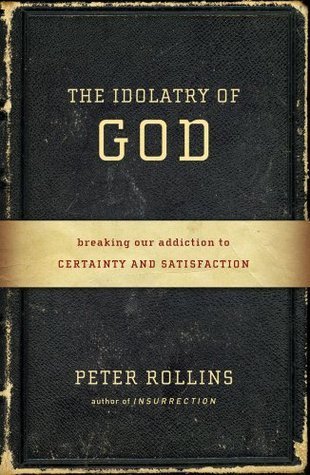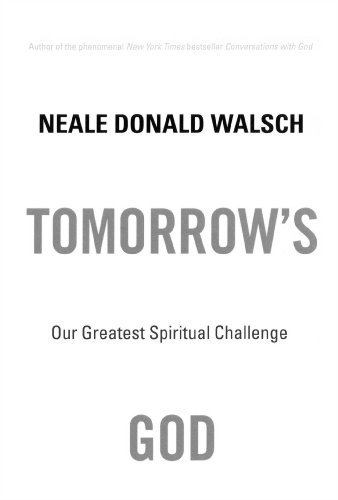
We Who Wrestle with God: Perceptions of the Divine
Book Description
What happens when humanity confronts the divine? In "We Who Wrestle with God: Perceptions of the Divine," Jordan B. Peterson delves into the tumultuous struggle between faith and doubt, unraveling the complexities of belief that shape our very existence. Each page invites readers to confront their deepest fears and the eternal search for meaning in a chaotic world. Through vivid storytelling and profound insights, Peterson illuminates the shadows where inspiration meets despair, urging a reconnection with the sacred. Can the quest for understanding bring us closer to the divine—or will it tear us apart?
Quick Book Summary
"We Who Wrestle with God: Perceptions of the Divine" by Jordan B. Peterson is an exploration into humanity's complex relationship with the divine. Drawing from philosophy, psychology, theology, and biblical narratives, Peterson examines how individuals and societies grapple with concepts of faith, doubt, and the search for meaning. He argues that wrestling with the divine is not only a spiritual challenge but also a psychological necessity, compelling individuals to confront their fears, limitations, and aspirations. Peterson illuminates the transformative power that comes from engaging deeply with questions of belief and meaning, suggesting that such struggles are essential for personal growth and collective ethical development. The book encourages readers to face existential uncertainties with both honesty and courage, fostering a deeper, more authentic connection with the sacred.
Summary of Key Ideas
Table of Contents
The Struggle Between Faith and Doubt
Jordan B. Peterson opens by framing the perennial struggle between faith and doubt as central to the human experience. Referencing the biblical figure of Jacob, who wrestled with God, Peterson proposes that wrestling with the divine is not a sign of weakness but of courage and growth. The book explores how faith and skepticism are two sides of the same existential coin, each necessary for the pursuit of truth. By embracing doubt alongside belief, individuals are better equipped to navigate life’s uncertainties and moral dilemmas.
Psycho-Spiritual Development Through Adversity
Peterson delves into the realm of psychological development, arguing that adversity—especially rituals of spiritual and existential struggle—are critical for maturation. He suggests that confronting profound fear, suffering, or loss often precipitates a reevaluation of values and beliefs. Through personal anecdotes and clinical insights, Peterson illustrates how grappling with existential crises can foster greater self-knowledge, resilience, and empathy, shaping individuals into more responsible and compassionate members of society.
The Transformative Power of Religious Narrative
Religious narratives, Peterson contends, are not merely relics of the past but living, transformative structures that encode collective wisdom. Drawing from Christian and other religious traditions, he analyzes how stories—rich with metaphor and archetype—function as psychological tools for navigating chaos and order. By engaging with these stories at a deep level, individuals not only find meaning but also gain practical guidance for confronting everyday challenges and moral quandaries.
Confronting Chaos and the Search for Meaning
A central theme is the need to confront chaos and the apparent absence of meaning in a rapidly changing world. Peterson discusses how the modern age, with its secular outlook and information overload, has intensified feelings of alienation and confusion. He argues that the search for meaning remains an eternal task, requiring courage to face existential emptiness. Peterson suggests that rituals, community, and engagement with sacred texts offer antidotes to this chaos, fostering a sense of order and purpose.
Reconnecting with the Sacred in a Modern World
In the concluding sections, Peterson advocates for a renewed connection to the sacred as a source of psychological and societal well-being. He encourages readers to approach the divine not as a distant abstraction but as a living reality embedded in daily life and personal struggle. By wrestling honestly with the divine—through questioning, seeking, and embracing the unknown—individuals can achieve a more integrated and meaningful existence, and society can reclaim a sense of ethical direction and unity.
Download This Summary
Get a free PDF of this summary instantly — no email required.





